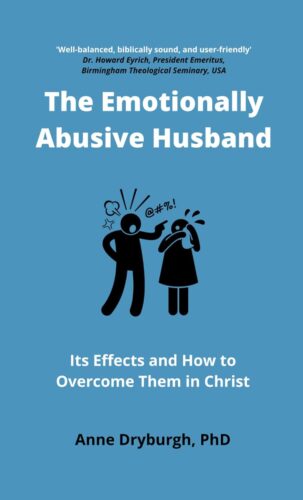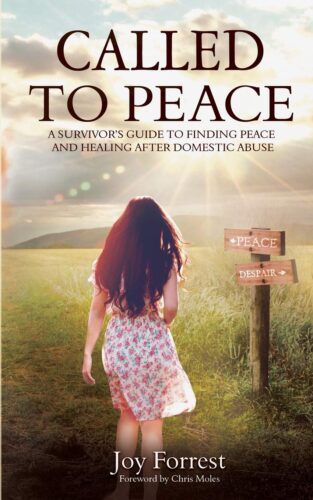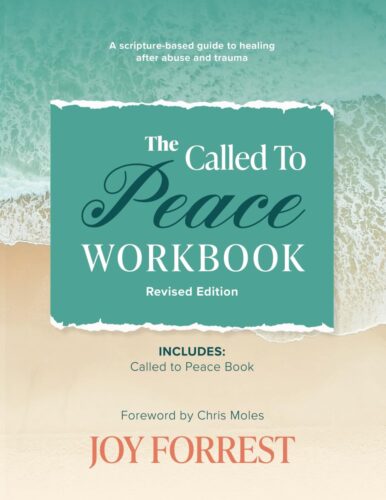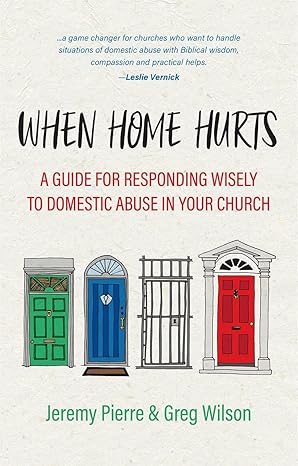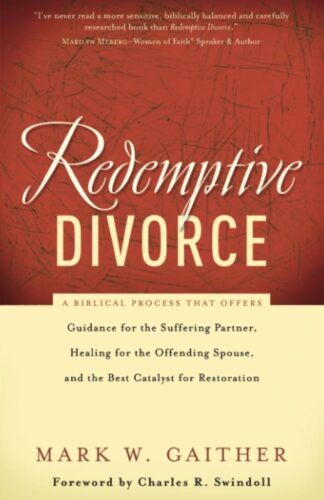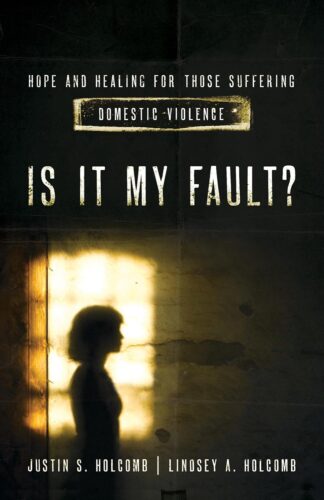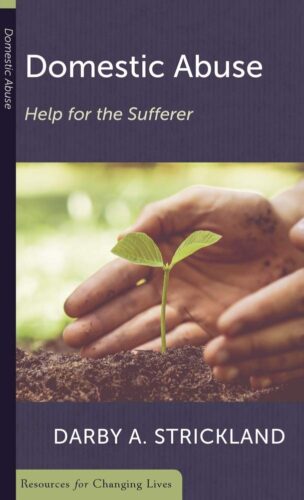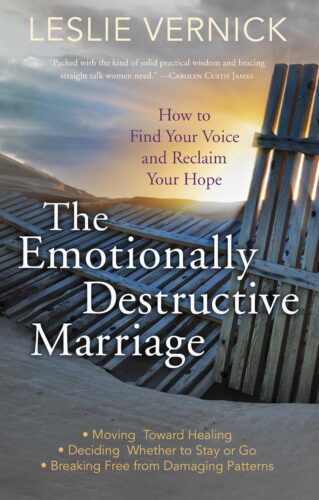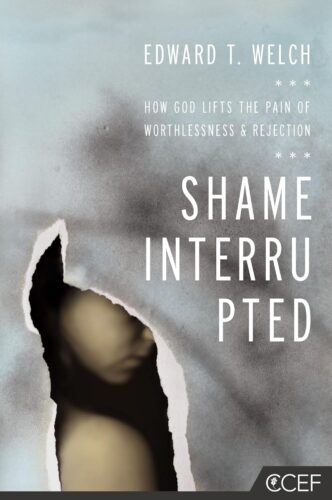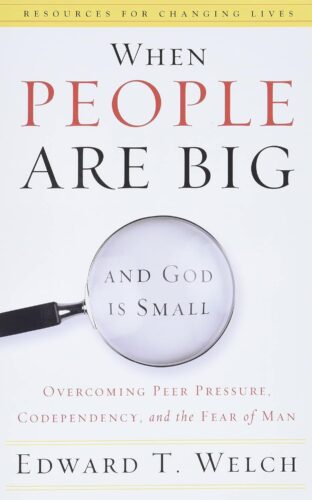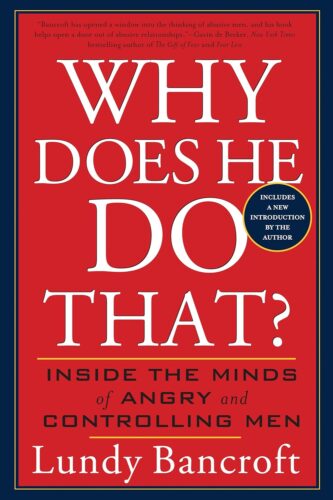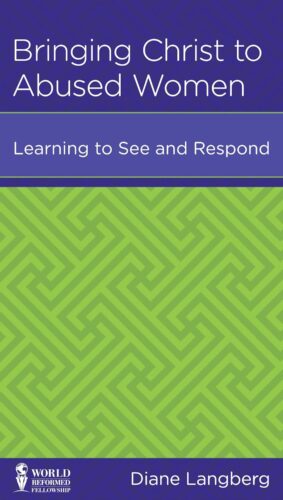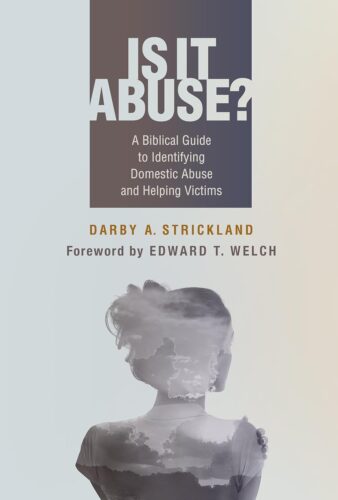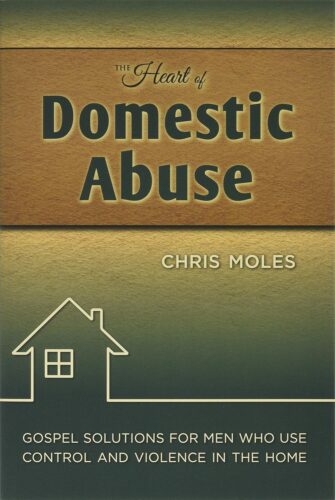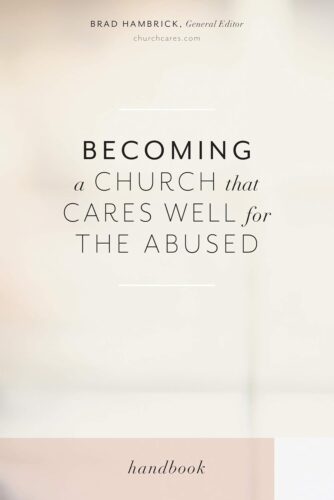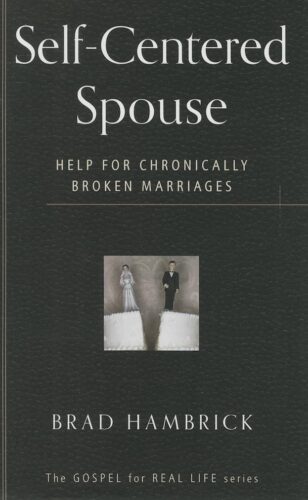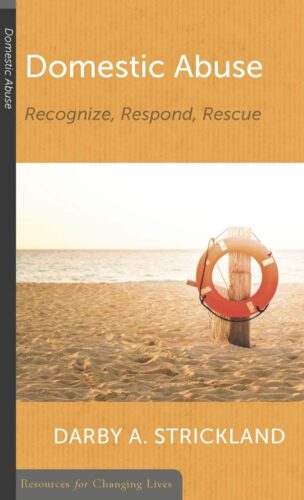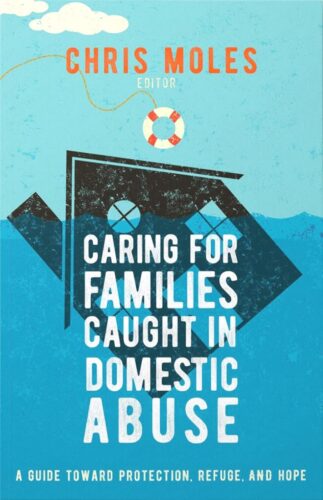
Statement of Faith
Adapted from the Statement of Faith of The Evangelical Free Church of America and Intermountain Christian School, SLC Utah
God: We believe in one God, creator of all things, holy, infinite, perfect and eternally existing in a loving unity of three equally divine Persons: the Father, the Son and the Holy Spirit. Having limitless knowledge and sovereign power, God has graciously purposed from eternity to redeem a people for Himself and to make all things new for His own glory.
The Bible: We believe that God has spoken the Scriptures, both Old and New Testaments, through the words of human authors. As the verbally inspired Word of God, the Bible is without error in the original writings, the complete revelation of His will for salvation, and the ultimate authority by which every realm of human knowledge and endeavor should be judged. Therefore, it is to be believed in all it teaches, obeyed in all that it requires, and trusted in all that it promises.
The Human Condition: We believe that God created Adam and Eve in His image, but they sinned when tempted by Satan. In union with Adam, human beings are sinners by nature and by choice, alienated from God, and under His wrath. Only through God’s saving work in Jesus Christ can we be rescued, reconciled, and renewed.
Jesus Christ: We believe that Jesus Christ is incarnate, fully God and fully man, one Person in two natures. Jesus, Israel’s promised Messiah, was conceived through the Holy Spirit and born of the Virgin Mary. He lived a sinless life, was crucified under Pontius Pilate, arose bodily from the dead, ascended into heaven and sits at the right hand of God the Father as our High Priest and Advocate.
The Work of Christ: We believe that Jesus Christ, as our representative and substitute, shed His blood on the cross as the perfect, all sufficient, sacrifice for our sins. His atoning death and victorious resurrection constitute the only grounds for salvation.
The Holy Spirit: We believe that the Holy Spirit, in all that He does, glorifies the Lord Jesus Christ. He convicts the world of its guilt. He regenerates sinners, and in Him they are baptized into union with Christ and adopted as heirs in the family of God. He also indwells, illuminates, guides, equips, and empowers believers for Christ-like living and service.
The Church: We believe that the true church comprises all who have been justified by God’s grace through faith alone in Christ alone. They are united by the Holy Spirit in the body of Christ, of which He is the Head. The true church is manifest in local churches, whose membership should be composed only of believers.
Christian Living: We believe that God’s justifying grace must not be separated from His sanctifying power and purpose. God commands us to love Him supremely and others sacrificially, and to live out our faith with care for one another, compassion toward the poor and justice for the oppressed. With God’s Word, the Spirit’s power, and fervent prayer in Christ’s name, we are to combat the spiritual forces of evil. In obedience to Christ’s commission, we are to make disciples among all people, always bearing witness to the gospel in word and deed.
Marriage & Sexuality: We believe that the term marriage has only one meaning: the uniting of one man and one woman in a single, exclusive union, as delineated in Scripture (Genesis 2:18–25). We believe that God intends sexual intimacy to occur only between a man and a woman who are married to each other (1 Corinthians 6:18, 7:2–5; Hebrews 13:4). We believe that God’s command is that there be no sexual intimacy outside of or apart from marriage between a man and a woman. We believe that God wonderfully foreordained and immutably created each person as either male or female in conformity with their biological sex. These two distinct yet complementary genders together reflect the image and nature of God (Genesis 1:26–27).
Christ’s Return: We believe in the personal, bodily, and glorious return of our Lord Jesus Christ. The coming of Christ, at a time known only to God, demands constant expectancy and, as our blessed hope, motivates the believer to godly living, sacrificial service, and energetic mission.
Response and Eternal Destiny: We believe that God commands everyone everywhere to believe the gospel by turning to Him in repentance and receiving the Lord Jesus Christ. We believe that God will raise the dead bodily and judge the world, assigning the believer to eternal blessedness and joy with the Lord in the new heaven and the new earth, to the praise of His glorious grace.
Position On Divorce
Marriage is a picture of Christ and the church, his bride. As such, it is of paramount importance that it be protected and maintained–not just for the sake of the marriage partners and any children, but also for the sake of the gospel. Yet, among professing Christians, marriages are often severely strained and freely broken. One aid to reversing the decline in fidelity and strength in marriages is for the church to take seriously God’s instruction on the question of divorce.
We recognize that there is disagreement on this topic among Christians who take the Bible as God’s authoritative Word and are committed to following it exactly. Traditionally, in such circles, discussion of divorce begins with the discussion of what the Bible gives as grounds for divorce. Several gospel passages and 1 Corinthians 7 are often analyzed, with different positions being arrived at. This approach often concludes that a Christian can pursue divorce in the case of adultery or receive a divorce that was initiated by a non-Christian spouse.
However, our position, we believe is more faithful to the Biblical concept of marriage and divorce. We have come to conclude that God allows for a Christian to file for legal divorce on the grounds of the marriage covenant previously being broken by either adultery and/or desertion.
To capture the meaning and intent of God’s Word on this topic, we think it is most helpful to start by considering marriage itself. Marriage comes first and should set the context for any discussion of divorce. So, what is being vowed and embraced when a man and woman each say, “I do?”
Jesus summarizes this in Matthew 19:5–6 when He quotes the foundational marriage passage from Genesis 1: “’Therefore a man shall leave his father and his mother and hold fast to his wife, and they shall become one flesh.’ So they are no longer two but one flesh. What God has joined together, let not man separate.”
That last sentence is spoken at most weddings, and while it is a command to us all, it is most pointedly aimed at the new couple: “God just joined you in this covenant. Don’t separate, don’t break it.” Look at the core of this marriage covenant: one man and one woman vow to change their life–allegiance. To transfer all earthly allegiance from all others, even the main life allegiance of home family–to switch that allegiance onto the other exclusively. To hold fast, to hold tight onto the other. And then, secondly, to be one with, exclusively; relationally intimate with that other, culminating in sexual intimacy and union with the other. That’s what the marriage covenant is. It has may purposes–chief among them are a model to humankind of Christ and the church, and a sphere for human flourishing. This is the nature of the marriage covenant, and it is meant to be permanent: “Till death us do part.”
However, while we see the solemnity in the command that people not separate what God has joined, we also tacitly acknowledge that these two people could in fact break this solemn vow and separate from one another. That is not the goal of marriage, that is not God’s intended purpose in marriage–that it be broken. Still, it might happen. How so? Here we come now to our understanding of divorce.
When we ask, then, what the divorce of a married couple could involve, we think we should start with the marriage covenant promise itself–looking at the basic elements and then turning each of them around. The covenant vow would be broken when a spouse either a) acts not to hold fast to the spouse in supreme allegiance, leaving behind all other earthly allegiances, and/or b) acts to not maintain one-flesh intimate union with only the spouse. This approach enables us to make sense of both the gospel passages and 1 Corinthians 7 as they discuss permissible Christian divorce.
We are persuaded that it is important to observe the context of Jesus’ statements in the gospels and of Paul’s teaching in Corinthians. Both are teaching in response to specific challenges or questions. As such, they each provide us with examples of how to think through the issue of divorce, but they do not expound on every possible situation. They give us two different examples of what covenant breaking entails. They are therefore examples of when Christian divorce would be permissible, though not required.
The gospels discuss adultery, which is “no longer one flesh.” 1 Corinthians 7 discusses the deliberate distancing of one from the other: a desertion or abandonment that reflects “no longer holding fast to the spouse.” In both examples, one spouse is seen to break the core principles behind the vow in grievous manner, allowing the other spouse to seek a formal release from the covenant promises made. In other words, adultery and desertion are grounds for divorce, because adultery and desertion grievously break the core principles of the covenant vow, breaking the marriage covenant itself.
However, it may not be quite that simple. In the language of 1 Corinthians 7, “desertion” “is not consenting to live with the other.” As such, the word “desertion” implies physical absence. We are persuaded that while physical separation may occur, other types of “desertion” may look very different. For example, on the advice of an attorney, a spouse may choose not to leave the family house, for fear of appearing to give up claim to it. But that same spouse, while remaining physically present, may behave violently, cruelly, deceptively, oppressively–all in an attempt to drive away the other. This is a breaking of the vow to leave all other allegiances and cling solely to the spouse in unity. It is desertion, through other means; not consenting to live with the other in a manner like what was initially vowed. We think it is important that Christians be wise about how we think through such matters.
But of course, we must be wise, together. Lacking hard and fast boundaries, the above example could create a grey area that would tempt a hard-pressed, fed-up spouse to misread or give up. The community of the church, and especially knowledgeable elders, must be involved in such marriages, being made aware of the difficulties, and asked for counsel. Any one of us has blind spots. Any one of us will find our standards shifting and our resolve to endure ebbing as stresses become personal. That is why outside, wise, caring, knowledgeable counsel is very important.
So how would the elders proceed? First, elders would make clear the weight of solemn importance that God puts on marriage faithfulness. 1 Corinthians 7:10-11 makes clear that Christian spouses are not to initiate the ending of their marriages. Many marriages are disappointing, difficult, or hurtful, in countless ways, that nonetheless do not rise to the level of covenant breaking that we have mentioned. Elders should seek to help Christians walk with and entrust themselves to God, even where marriage is hard.
But what if a Christian spouse is the recipient of covenant-breaking actions, done by the other spouse? The elders would need to be intimately involved in the careful discerning of whether or not this is the case. This is important because of how easy it is for any of us, by ourselves, to be deceived and go astray in the midst of such stresses and heartaches. The purpose of elders in a local church, in fact, is to help us be alerted to such tendencies. Elders can and must delineate the bounds. Elders can and must lay out what covenant breaking includes and does not include, according to Jesus and Genesis 1. But once the elders, in close counsel with the aggrieved spouse, have established that covenant breaking actions have occurred, and legal divorce is permitted, the counsel of the elders should not be authoritative any further.
So we conclude that God allows for a Christian to file for legal divorce on the grounds of the covenant previously being broken by either adultery and/or desertion.
One further avenue, though, remains to be explored. Should we say, “…on the grounds of the covenant previously being broken by either adultery and/or desertion by a non-Christian spouse?” This seems to be a reasonable question. After all, 1 Corinthians 7:10–11 forbids Christians from divorcing one another. The desertion concept appears in verses 12–16, which are concerned with mixed marriages–Christians married to non-Christians. How should we think about this?
How should be think about situations involving a Christian married to a professing Christian? In this context, a professing Christian is a person who a) claims to be a Christian, but who b) calls into question the validity of that claim by persistent refusal to respond to God’s clear, expressed truth regarding marriage covenant faithfulness. Should such a professing Christian be allowed to claim the situation in verses 10 and 11?
For example, should such a person be allowed to say to a believing spouse: “As long as I say I’m a Christian and I don’t commit adultery, I can treat you any way I please, and verse 11 forbids you from divorcing me. I have no intention of keeping the sacred marriage covenant that I made before God and vowed to keep. But you have to keep your vow to me–you have to keep giving me your full allegiance. You are bound by God’s Word–and the church is bound to enforce it.” Is this God’s intent? We think not.
To counsel that it is God’s intent would be to cruelly empower the faithless spouse, giving him or her a weapon with which to continually enslave the faithful believer. By continuing to claim Christ, and refusing to file for divorce, while remaining in a state of desertion, such a person continues to exert power over a faithful spouse. This is wrong. It seems that any counsel that would aid such a malicious position is also wrong as it (perhaps) attempts to follow the letter of the law but misses the spirit, the intent of God’s teaching.
Instead, a professing Christian who appears to desert a Christian would be approached by church leadership. Over a period of time, the professing Christian would be entreated, prayed for, counseled and exhorted towards repentance and to remain faithful to the marriage vow in obedience to Christ, trusting His promises. If then in such a case, the professing believer still chooses to continue in a state of desertion of the faithful spouse, the church would be left with no choice but to treat such a one as an unbeliever, putting him or her out of the church. At that point, the church elders would counsel that filing for legal divorce is permissible.
In conclusion, we believe this position is faithful to the scripture and to God’s intentions and provides more help and protection for those who may need it. But at the same time, we are concerned that some may misinterpret this statement in any number of ways–in particular, taking this statement as some sort of “check-box” justification for quick divorce. The best protection against any such misinterpretation is to bring things into the light with wise counsel and talking with pastors and elders.
For those who like to look up things: The best single resource we can point you towards is the report of the ad-interim committee on divorce and remarriage to the 20th General Assembly of the Presbyterian Church in America. In 1988, this assembly tasked this sub-committee to investigate this topic. The subcommittee report, explored the thinking of the Puritan theologians who wrote the Westminster Confessions of Faith in 1646. It also deals with the relevant Bible passages and then gives advice to local pastor and elders. The report can be accessed at http//www.pcanet.org/history/pca/2-182.doc. We can also credit authors such as Fee, Thiselton, Blomberg and John Murray for influencing our thinking.
Footnote: This is the view of Beauty from Ashes Ministries, taken with permission from a position paper by a local Salt Lake City church.

Together Toward Healing
Take the first step toward gaining clarity and healing with Beauty from Ashes today. Whether you're seeking support, want to contribute your skills, or simply wish to learn more about our mission, there's a place for you here. Join our community and make a difference today.


